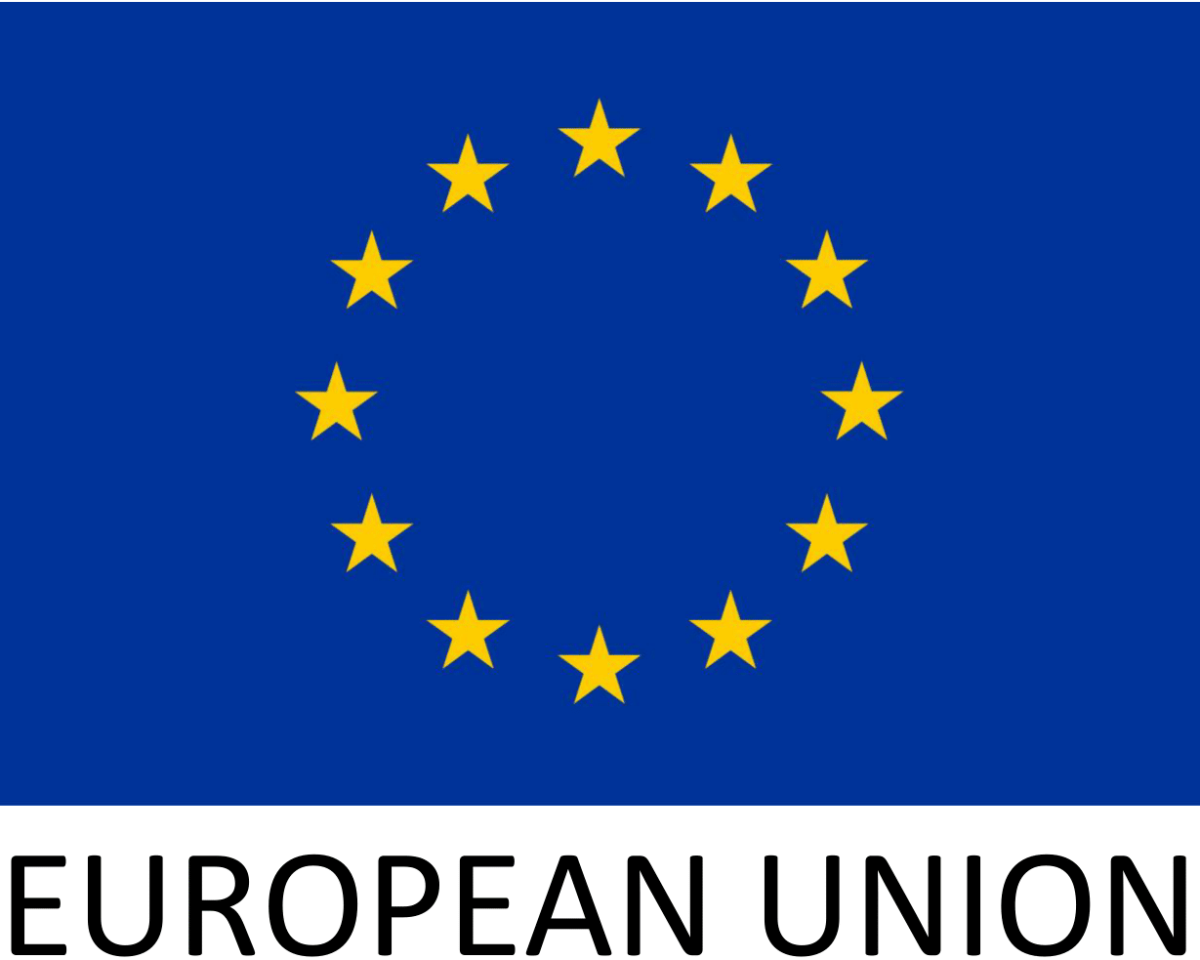 European Development Commissioner, Mister Piebalgs, Myanmar Garments Manufacturers Association (MGMA), Daw Khine New, and Myanmar Minister of Planning Kan Zaw have offially launched the SMART Myanmar project during the first EU- Myanmar Task Force visit to Yangon.
European Development Commissioner, Mister Piebalgs, Myanmar Garments Manufacturers Association (MGMA), Daw Khine New, and Myanmar Minister of Planning Kan Zaw have offially launched the SMART Myanmar project during the first EU- Myanmar Task Force visit to Yangon.
The first EU-Myanmar Task Force took place in Yangon and Nay Pyi Taw on November 13-15, 2013 to provide comprehensive support to the democratic transition in Myanmar, combining all political and economic tools available to the EU, including development aid, peace process support and investments. The mission had been agreed upon in March 2013 at the visit of President Thein Sein in Brussels. This is the first Task Force Mission from the EU to a country in Asia. The mission encompasses high level politicians and business people from Europe and Myanmar. Lady Ashton, the High Representative of the Union for Foreign Affairs and Vice President of the EU, the European Commission Vice President Antonio Tajani, the European Commissioner for Development Andris Piebalgs and the European Commissioner for Agriculture and Rural Development joined the Task Force. U Soe Thane, Minister in the President of Myanmar’s office and Daw Aung San Suu Kyii (chair of Myanmars National League for Democracy), as well as other high-rank Burmese politicians participated in the event held by the Task Force on 14th of November at UMFCCI (Republic of the Union of Myanmar Federation of Chambers and Commerce Industry). (For more information see: http://europa.eu/rapid/press-release_IP-13-1062_en.htm
During the Task force’s forum, Commissioner Pielbalgs joined SMART Myanmar Team to launch the SMART Myamar project at UMFCCI . Daw Khine Khine Nwe from SMART Myanmar’s partner MGMA spoke on behalf of the project and introduced its principles and aims to the crowd of press people present. She underscored the importance of EU projects like SMART Myanmar, contributing to a sustainable economic development of the country. The Commissioner for his part emphasized that too often economic growth corresponds with less social standards and environmental damage in the producing industries. In contrast he pointed out, that SMART Myanmar is a good example that increased competitiveness and economic growth can be achieved in a more sustainable manner, hoping for the project to set preconditions to replication of sustainable practices to more SMEs and sectors at the end of 2015. Last but not least Minister Kan Zaw thanked the European Union for their support of the transition process and economic development in Myanmar










